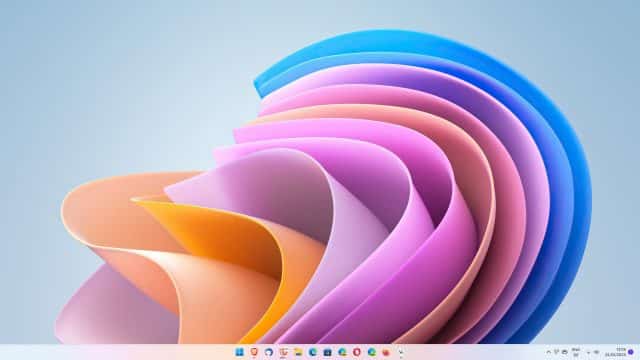Windows 12: What we know and don't know about it, and what could happen

Is Microsoft working on the next version of Windows? Will it be Windows 12? If the answer is yes, how will it look like and differ from Windows 11?
There is quite a bit of uncertainty regarding Windows right now. Microsoft ended support for the popular Windows 7 and the not-so popular Windows 8 operating systems in January 2023, and in less than 3 years, Windows 10 is added to the list of operating systems that are no longer supported. This would leave Windows 11 as the sole version of Windows that is available and supported officially.
SEE ALSO: Meet DAN, ChatGPT's uncensored alter ego
Microsoft could extend support for Windows 10, and there is a good chance that it will. One of the main reasons is that Microsoft disrupted the option to upgrade to the next version of Windows when it released Windows 11.
The new operating system has stricter hardware requirements, unlike previous Windows releases, which did not change these requirements. Millions of Windows 10 systems can’t be upgraded to Windows 11, at least not officially. Windows 7 and even earlier devices, may be upgraded all the way to Windows 10, but the official upgrade path ends there if the device does not meet the minimum system requirements of Windows 11.
The requirements mean, that a good portion of the Windows userbase is stuck on Windows 10 when 2025 comes along. Only Microsoft knows approximate numbers, but it will be a considerable percentage of the entire userbase.
Microsoft has a few options in 2025 to deal with this. It seems unlikely that the company is going to end support in 2025 if the percentage of customers stuck on Windows 10 is large enough.
A new ESU, Extended Security Updates, offer for Windows 10 could extend support by a few years. Whether it will again be limited to Enterprise and business customers, or also available to Home users remains to be seen. Knowing Microsoft, it will probably exclude Home users again.
Windows 11 is getting between 1 percent and 2 percent of usage share per month currently, which means that there is a chance that Windows 10 could still be the most used Windows version by October 2025.
Microsoft won’t change Windows 11’s system requirements, and if it releases Windows 12 in 2024 or 2025, it won’t reduce the system requirements again, which means that customers can’t upgrade from Windows 10 to 12 directly, if that option is even available.
What we know about Windows 12
Windows 12 should be considered a rumor for now. Several popular, and usually knowledgeable blogs and sites, reported in early 2022 that Microsoft was working on the next version of Windows.
Windows 12 would be the obvious name for the next version of Microsoft Windows, but Microsoft never commented on any of the rumors.
Rumors suggest that Microsoft would enforce similar or even stricter system requirements than on Windows 11. Whether the company’s Pluton chips will become mandatory remains to be seen, but it would certainly reduce the devices that could be upgraded from Windows 11 even further than the Windows 10 to 11 upgrades.
In short: there is no release date yet, no information on available features, or even confirmation that Windows 12 is in development.
SEE ALSO:
- Windows 12 is the 'most refined Windows ever' and everything Windows 11 should be
- Forget buggy Windows 11, Windows 12 is the operating system we want
- Windows 12 wallpapers created by AI -- download them now
- We wanted to know what features Windows 12 might have to offer, so we asked an AI
What is likely
2025 will be a major year for Windows and Microsoft. Windows 10 runs out of support, and millions of Windows 10 devices will still be in use that can’t be upgraded to Windows 11 officially.
A launch of Windows 12 in 2025, or even earlier, would make a lot of sense, as it would provide Windows 10 customers with an incentive to purchase a new PC or upgrade existing PCs to make them compatible with the new operating system. Some may also upgrade to Windows 11, if the devices are compatible.
Microsoft released Windows 10 in 2015 and Windows 11 in 2021. Windows 12’s release in 2024 or 2025 would come earlier than previous releases. Rumors suggest that Microsoft wants to switch to a three-year release cycle for new Windows versions, but like all the other rumors, this has not been confirmed yet by the company.
If true, it would lead to a Windows 12 release in late 2024 and a Windows 13 release in late 2027.
Here are my predictions:
- Windows 10 will get ESUs
- Windows 12 will be released before the end of Windows 10’s official support end, likely in 2024 or, at the latest in 2025.
- Windows 12 will have the same system requirements, or even stricter ones, than Windows 11.
Now You: what is your take on this?
'Windows 12: What we know and don't know about it, and what could happen' first appeared in Weekly Tech Insights, a free weekly newsletter that you can sign up to here.